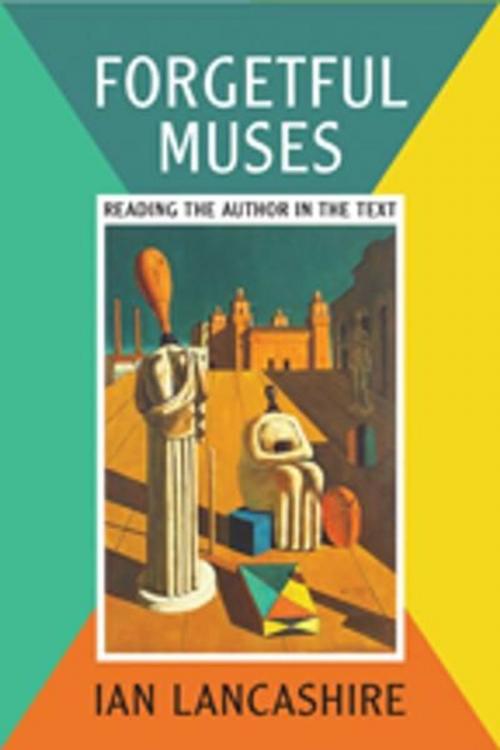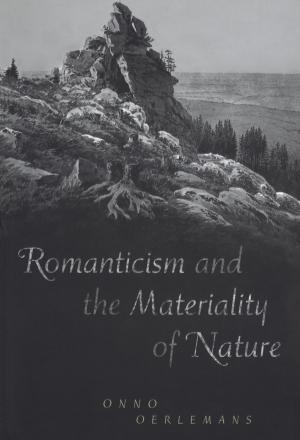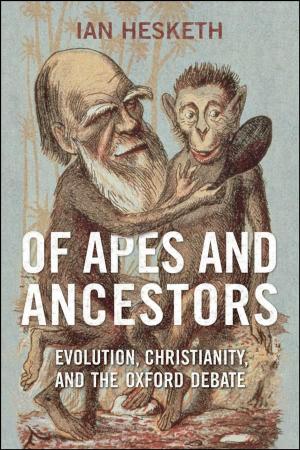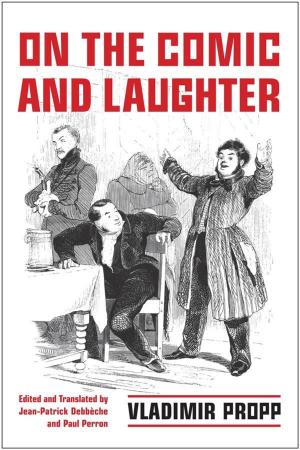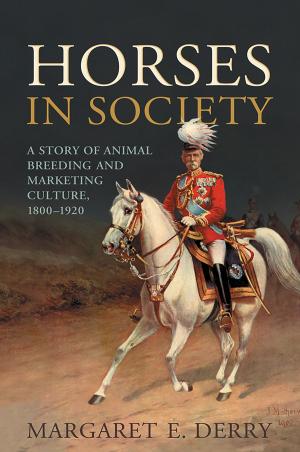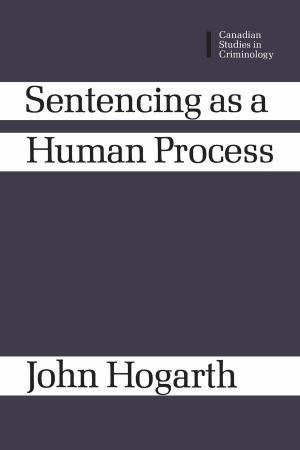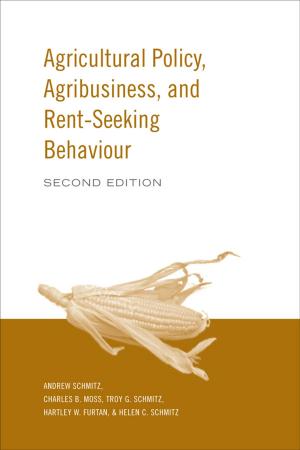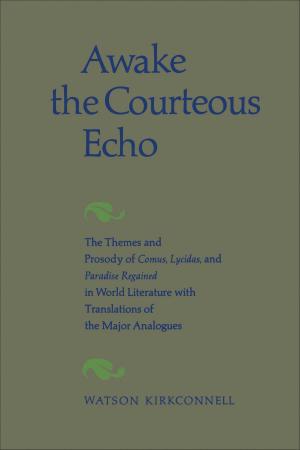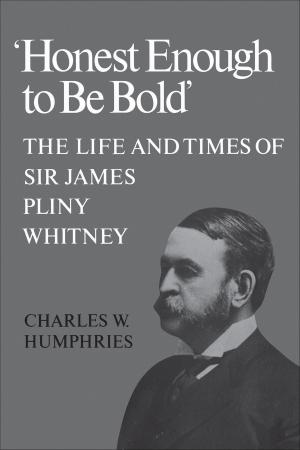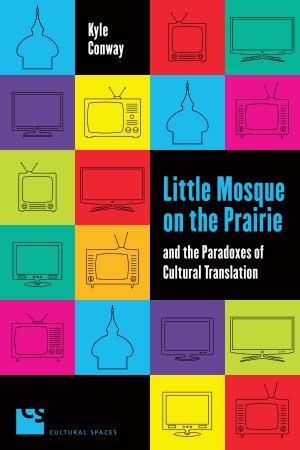| Author: | Ian Lancashire | ISBN: | 9781442660236 |
| Publisher: | University of Toronto Press, Scholarly Publishing Division | Publication: | December 11, 2010 |
| Imprint: | Language: | English |
| Author: | Ian Lancashire |
| ISBN: | 9781442660236 |
| Publisher: | University of Toronto Press, Scholarly Publishing Division |
| Publication: | December 11, 2010 |
| Imprint: | |
| Language: | English |
How can we understand and analyze the primarily unconscious process of writing? In this groundbreaking work of neuro-cognitive literary theory, Ian Lancashire maps the interplay of self-conscious critique and unconscious creativity.
Forgetful Muses shows how a writer's own 'anonymous,' that part of the mind that creates language up to the point of consciousness, is the genesis of thought. Those thoughts are then articulated by an author's inner voice and become subject to critique by the mind's 'reader-editor.' The 'reader-editor' engages with the 'anonymous,' which uses this information to formulate new ideas. Drawing on author testimony, cybernetics, cognitive psychology, corpus linguistics, text analysis, the neurobiology of mental aging, and his own experiences, Lancashire's close readings of twelve authors, including Caedmon, Chaucer, Coleridge, Joyce, Christie, and Atwood, serve to illuminate a mystery we all share.
How can we understand and analyze the primarily unconscious process of writing? In this groundbreaking work of neuro-cognitive literary theory, Ian Lancashire maps the interplay of self-conscious critique and unconscious creativity.
Forgetful Muses shows how a writer's own 'anonymous,' that part of the mind that creates language up to the point of consciousness, is the genesis of thought. Those thoughts are then articulated by an author's inner voice and become subject to critique by the mind's 'reader-editor.' The 'reader-editor' engages with the 'anonymous,' which uses this information to formulate new ideas. Drawing on author testimony, cybernetics, cognitive psychology, corpus linguistics, text analysis, the neurobiology of mental aging, and his own experiences, Lancashire's close readings of twelve authors, including Caedmon, Chaucer, Coleridge, Joyce, Christie, and Atwood, serve to illuminate a mystery we all share.
